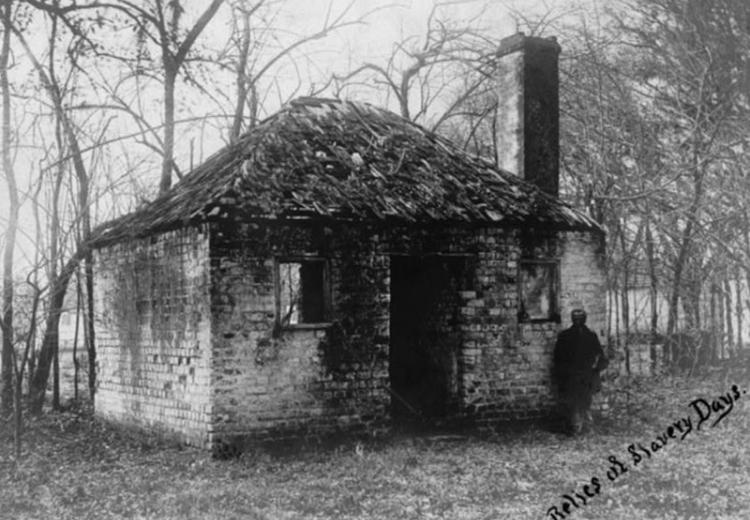Lesson 2: From Courage to Freedom: Slavery's Dehumanizing Effects

Slave quarters at the Hermitage Plantation outside of Savannah, Georgia.
One of Douglass's goals in his autobiography is to illustrate beyond doubt that slavery had an insidious, spirit-killing effect on the slaveholder as well as the slave. In other words, in the master-slave relationship both parties suffered, whether it was spiritual corruption, physical pain, or both. Douglass asks his readers to consider the effects of this "peculiar institution" on humanity.
Guiding Questions
What does Frederick Douglass's life illustrate about the United States in the 19th century?
What does Douglass's narrative reveal about how slavery affects slaveholders and supporters of slavery?
Learning Objectives
Evaluate the significance of slave narratives within the history of the United States.
Analyze the historical circumstances of Douglass's escape and contrast his experiences as a free man with others in the North.
Evaluate Douglass's argument regarding the effects of the institution of slavery on slave holders and supporters of slavery.
